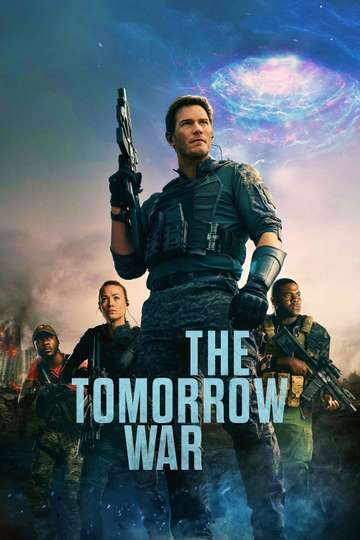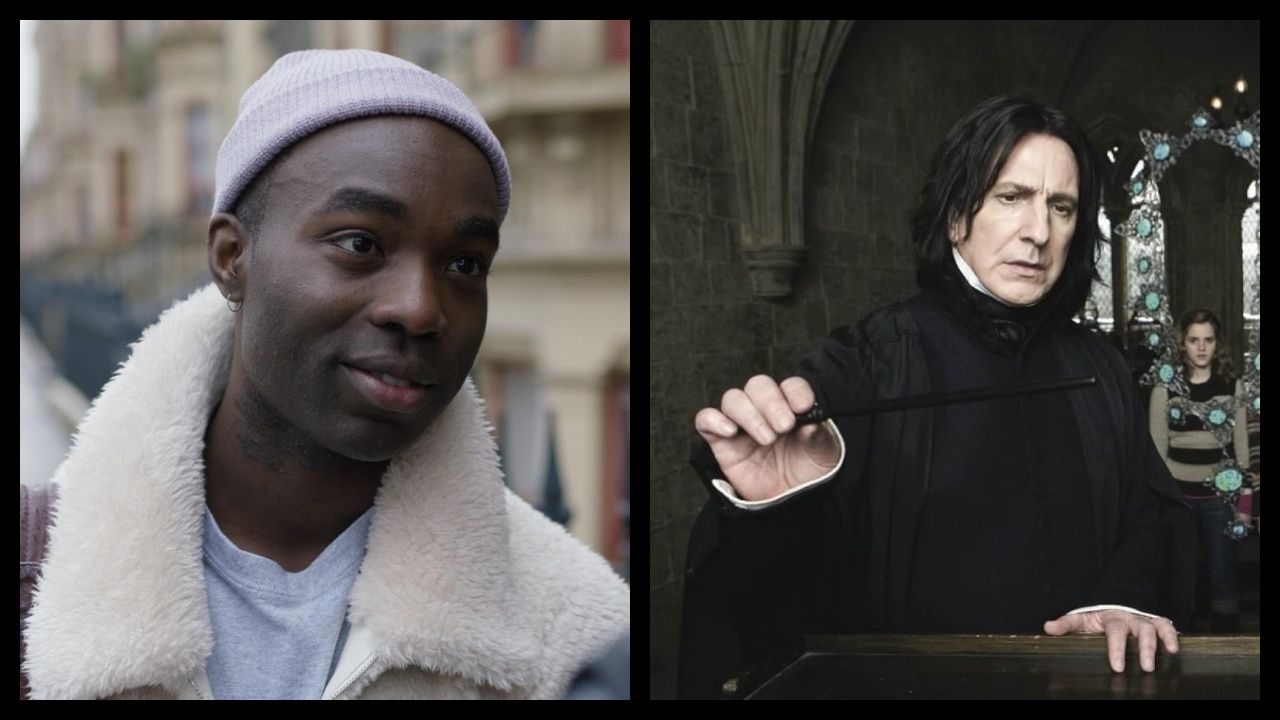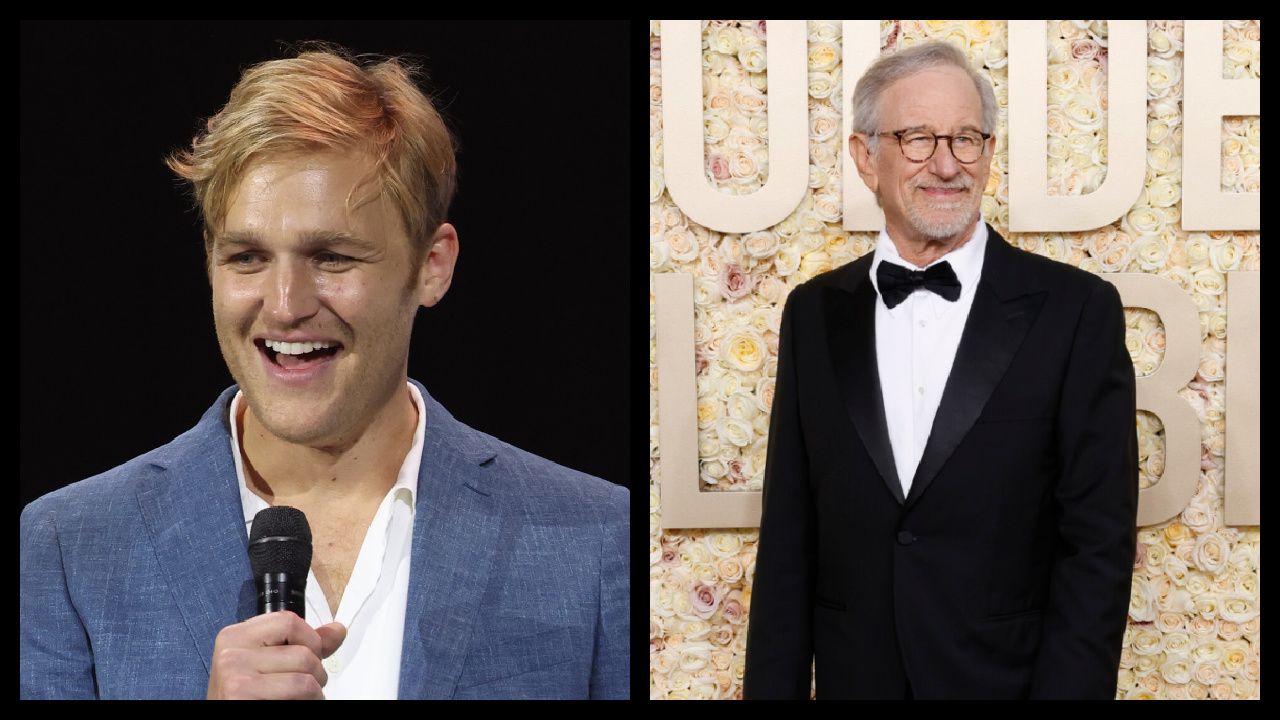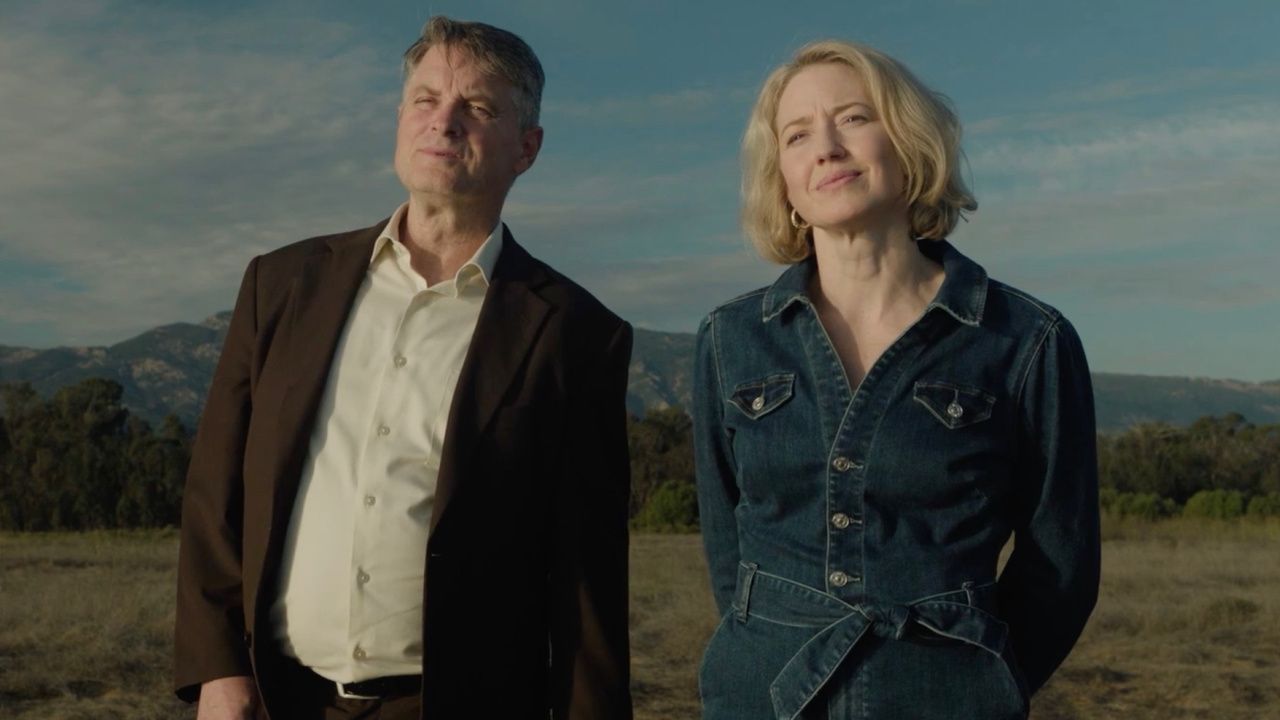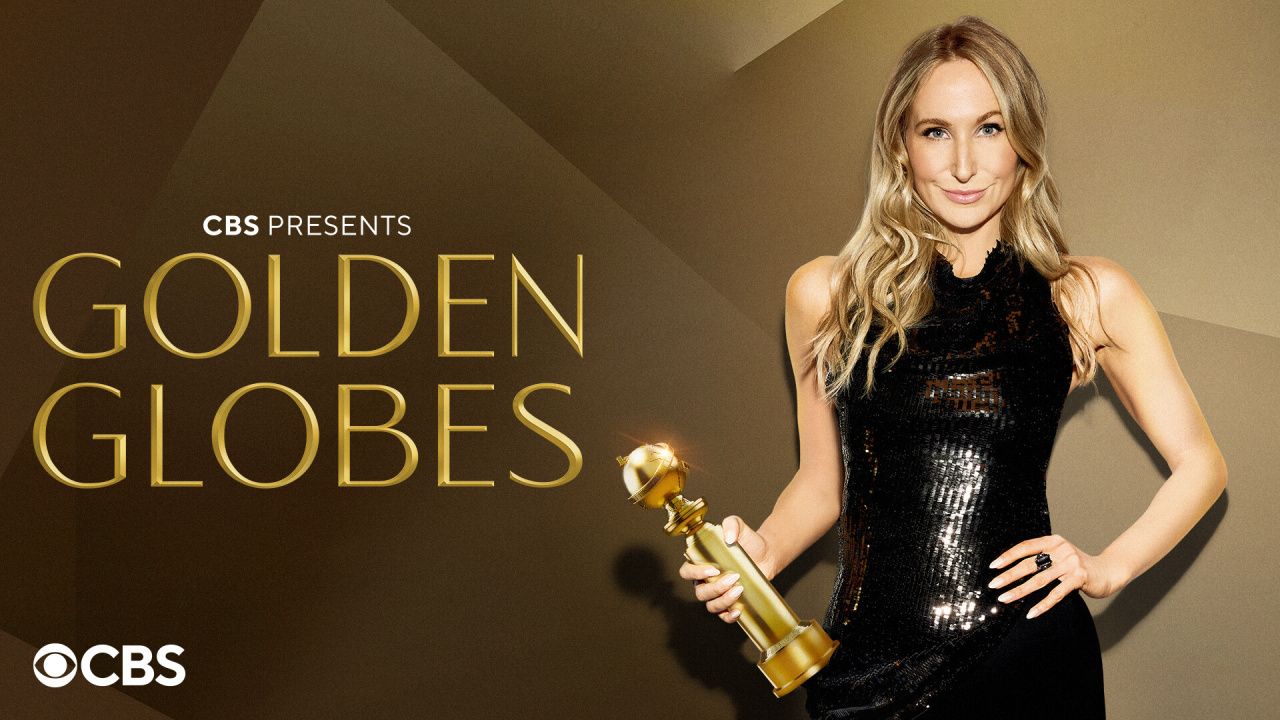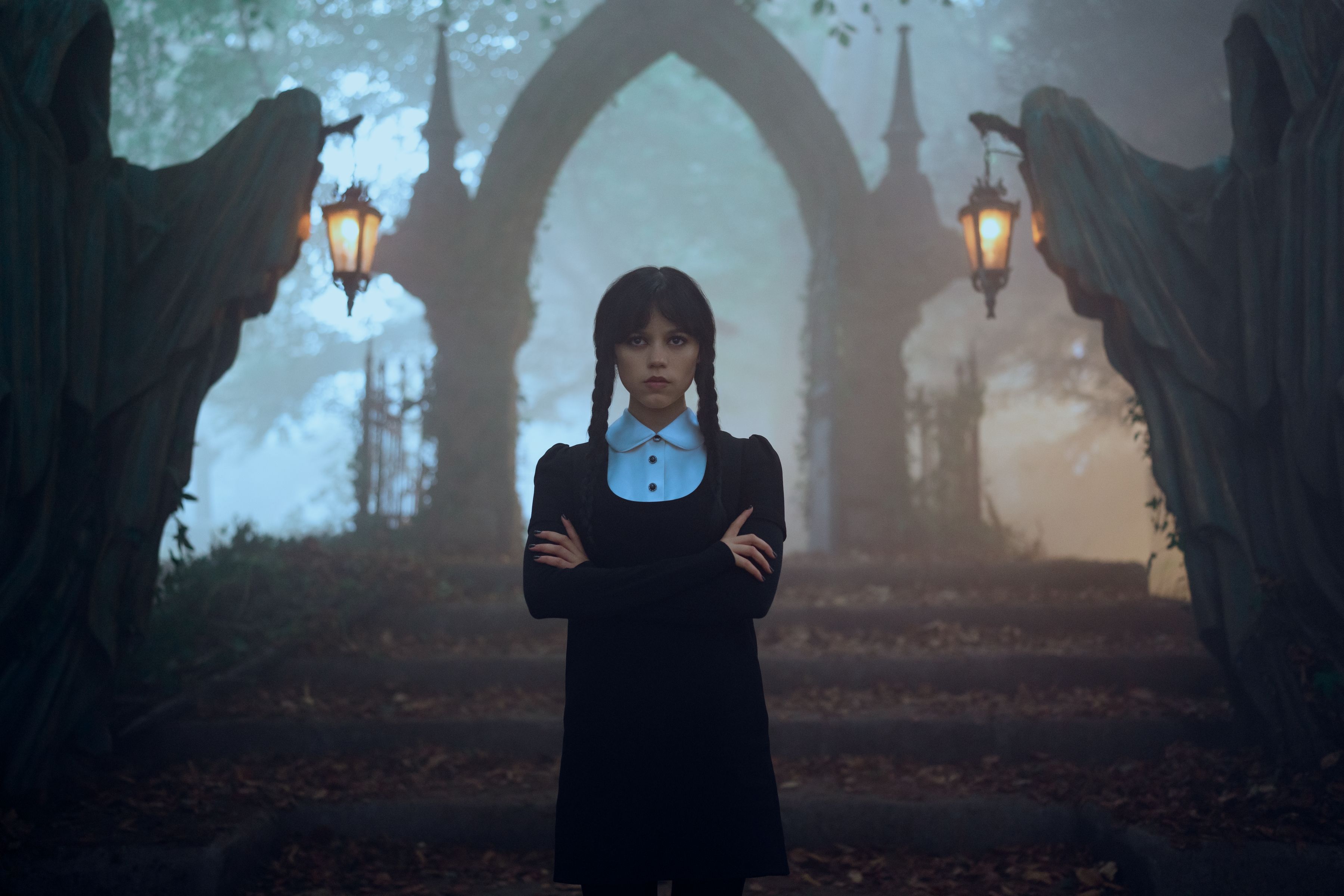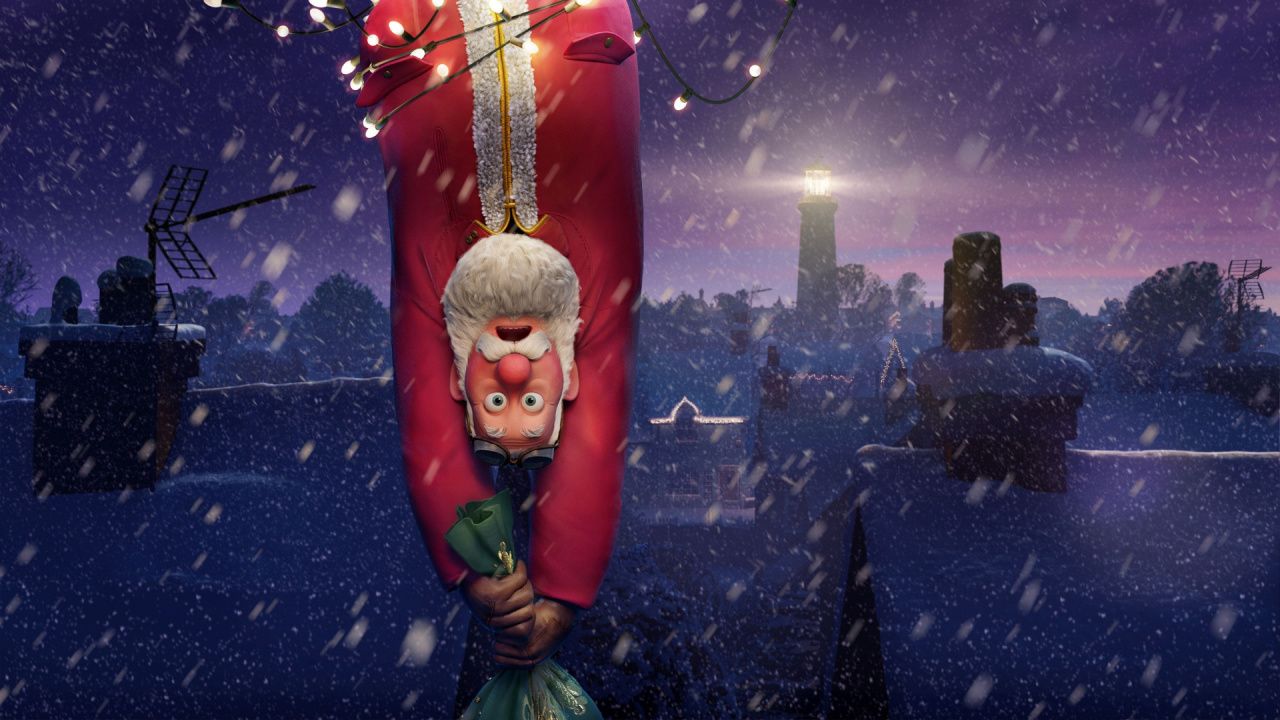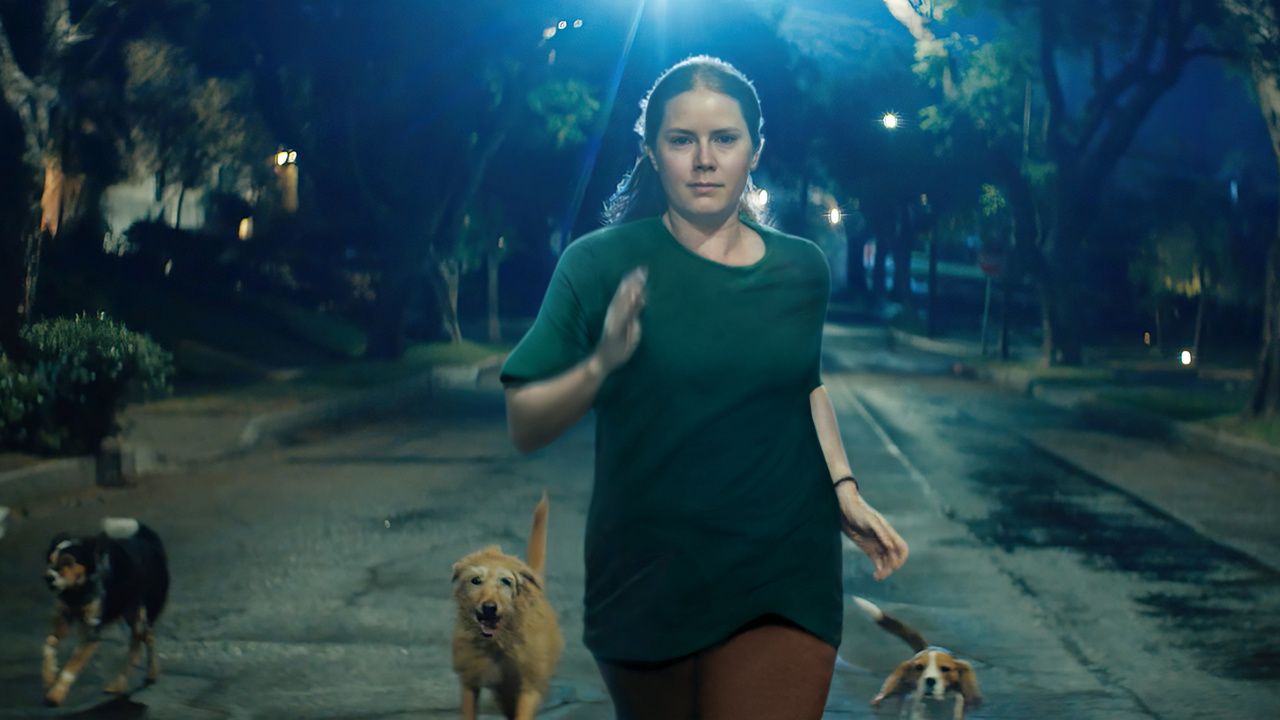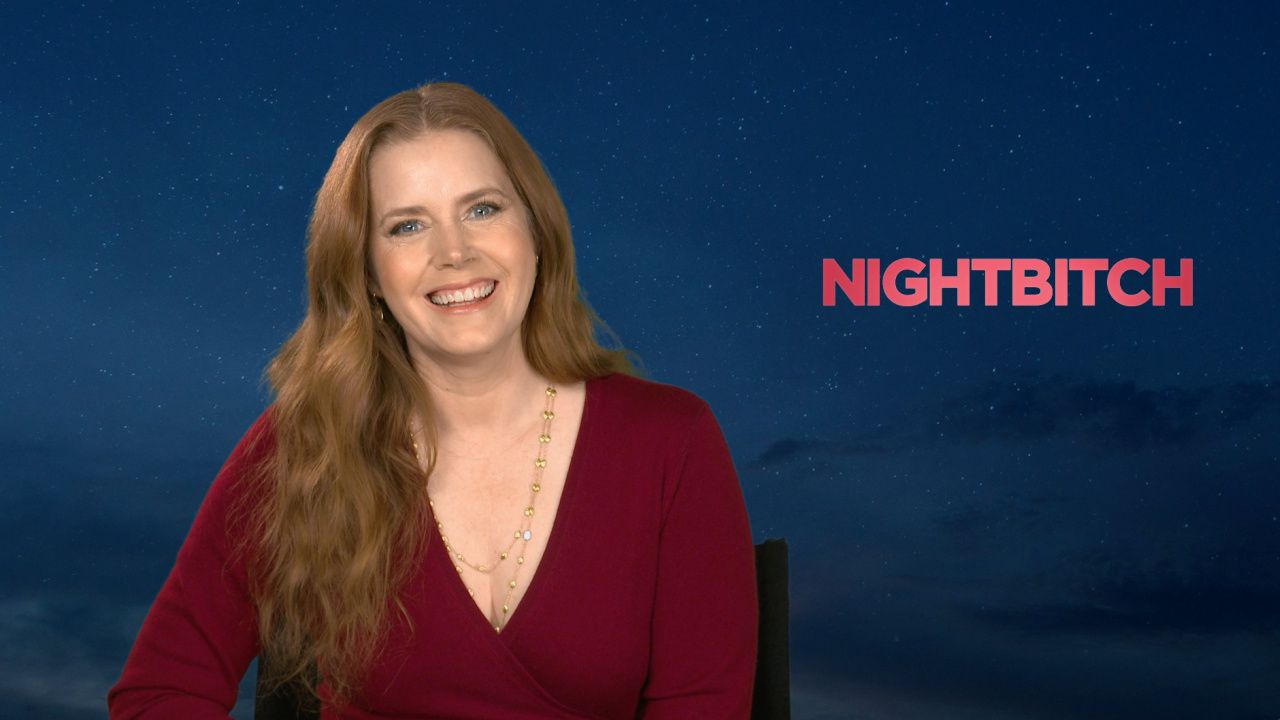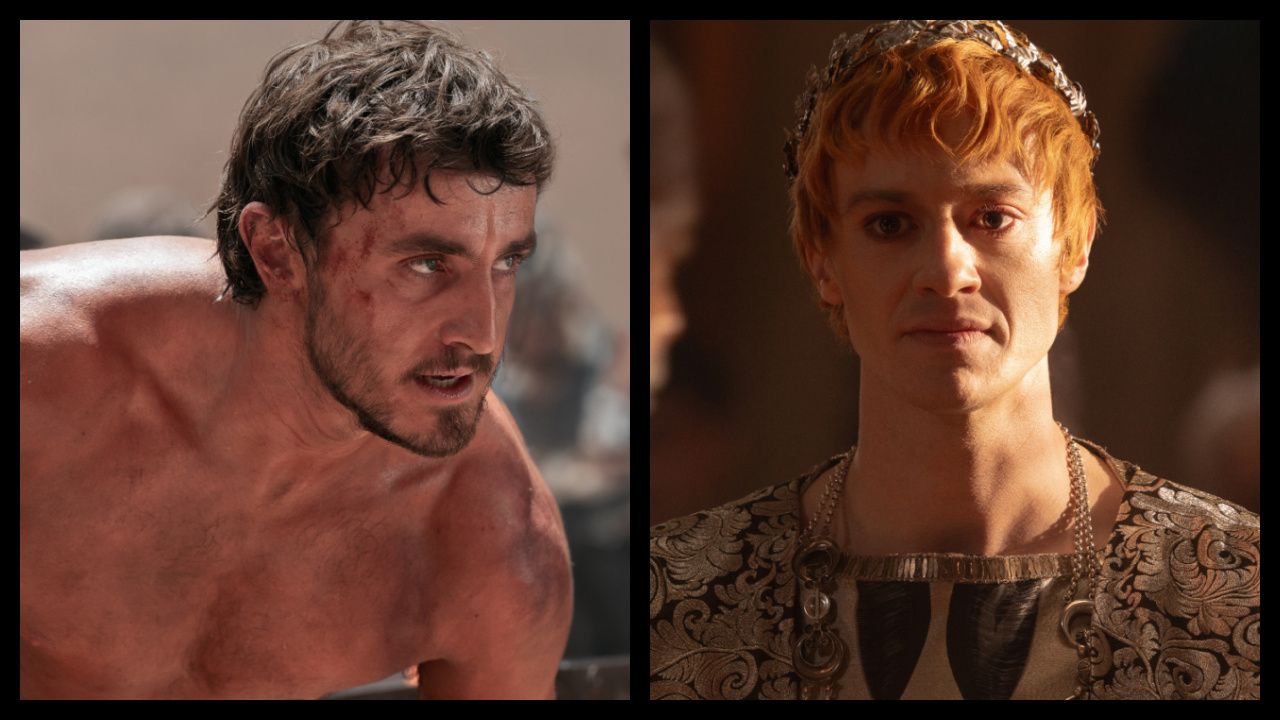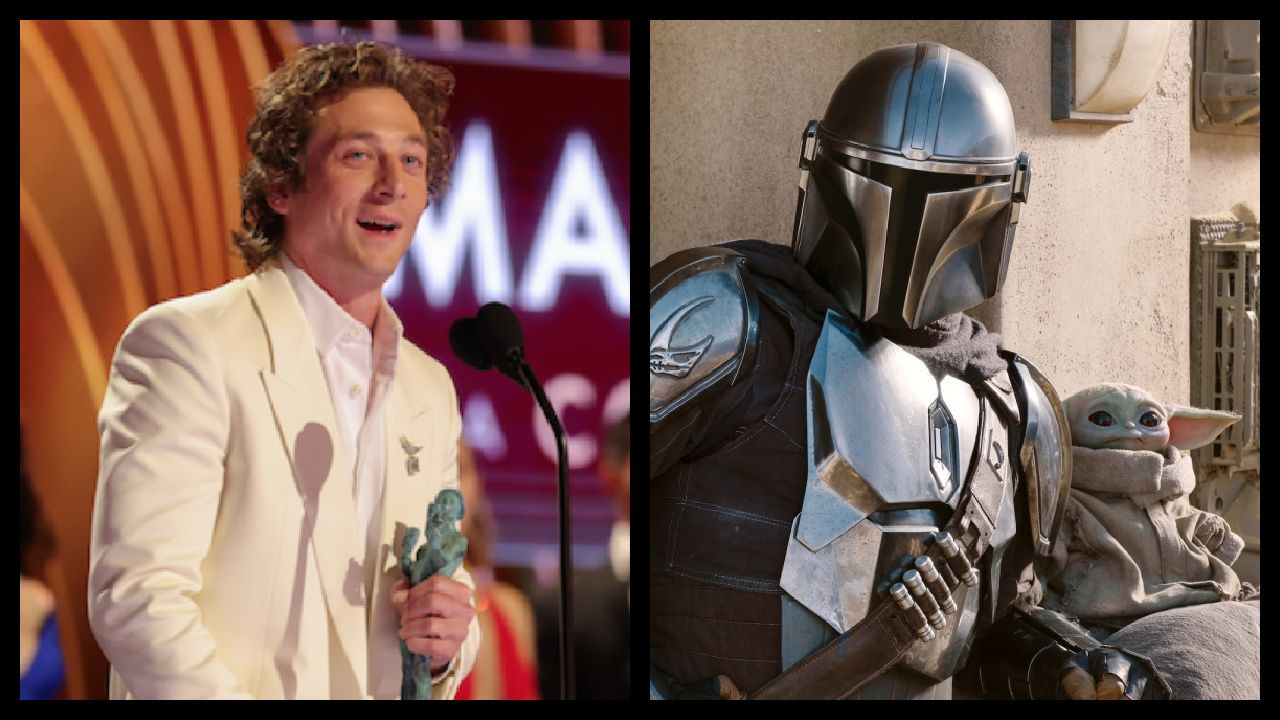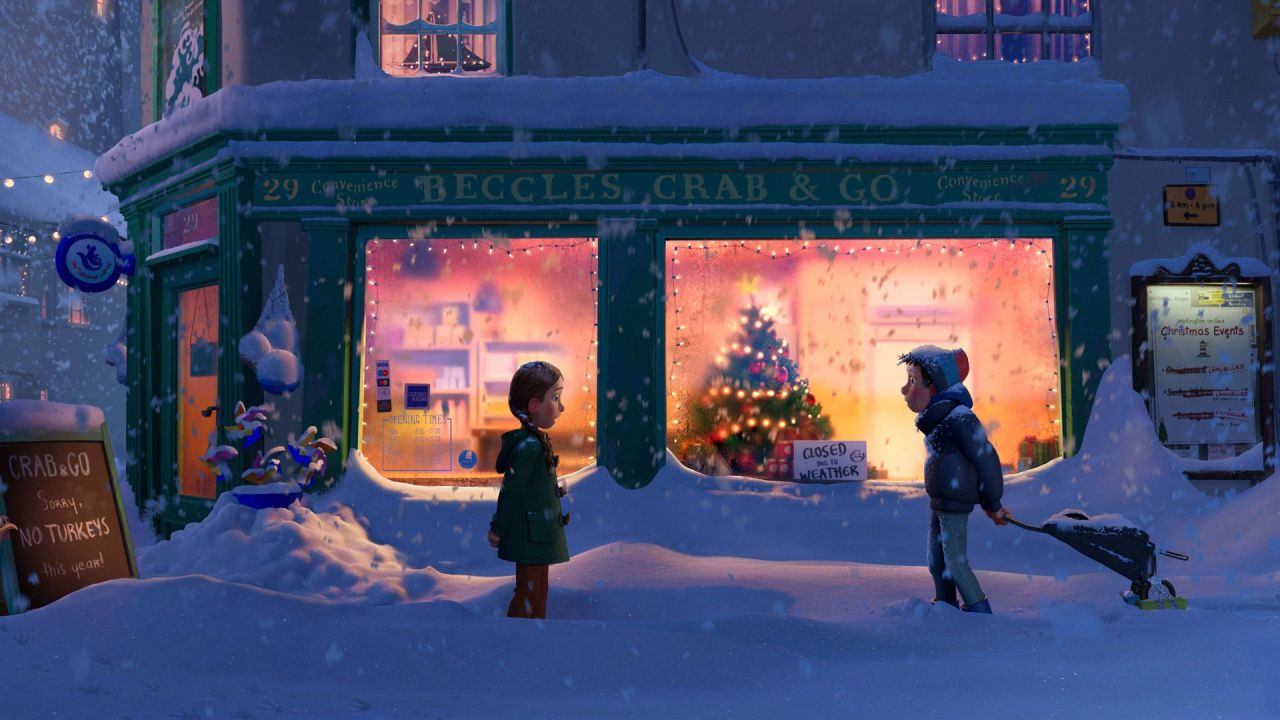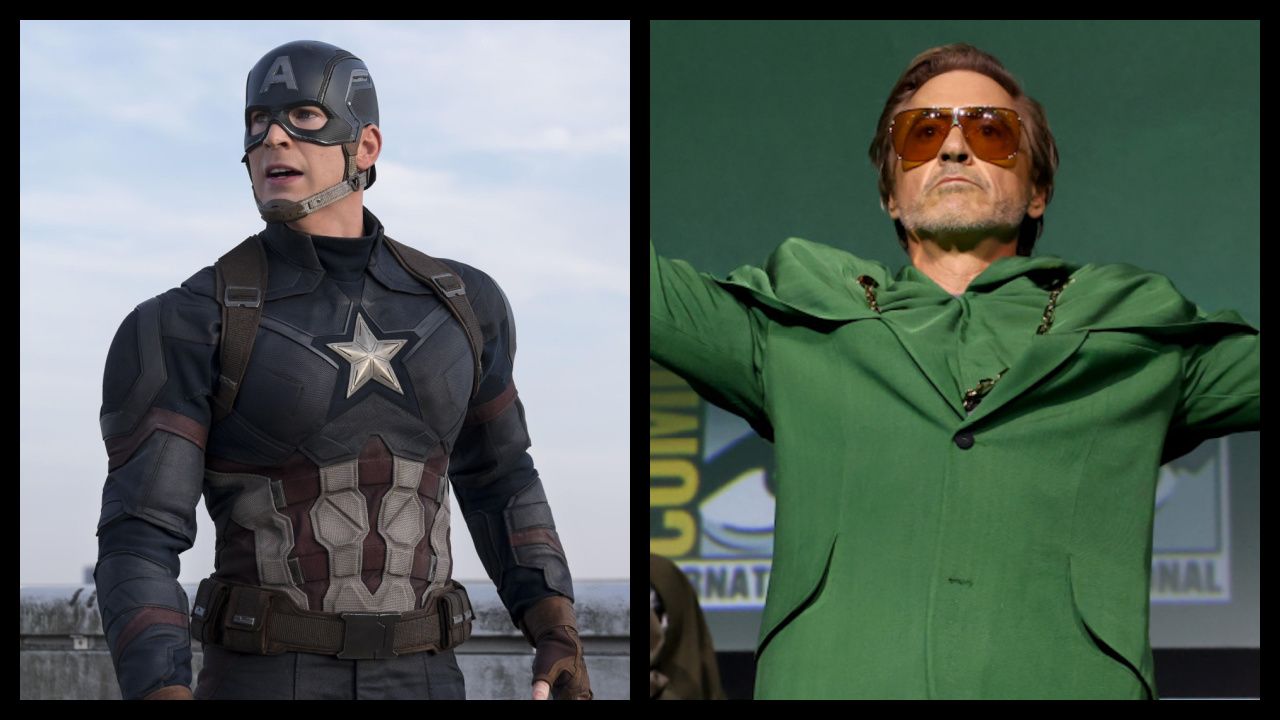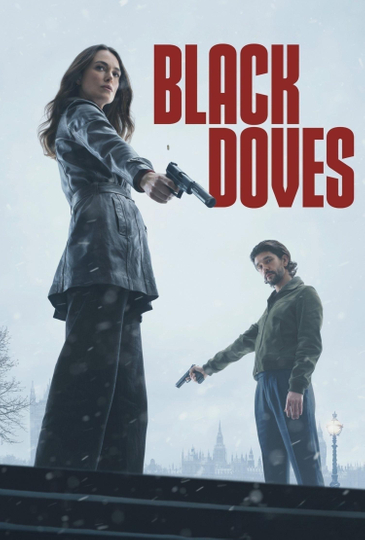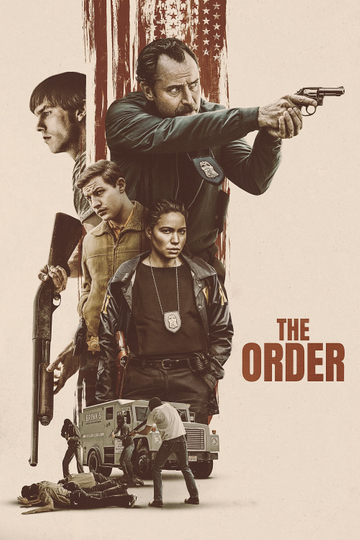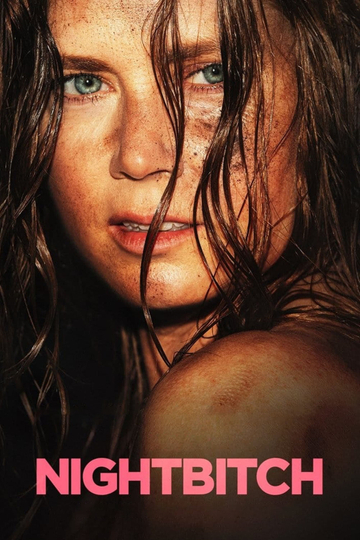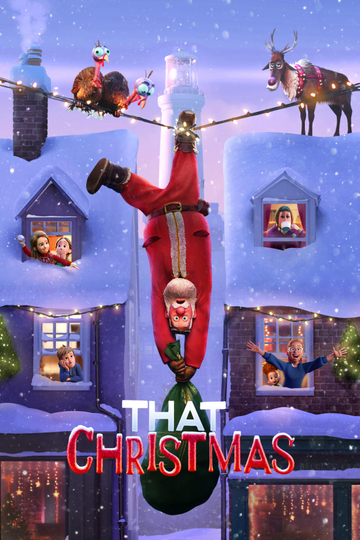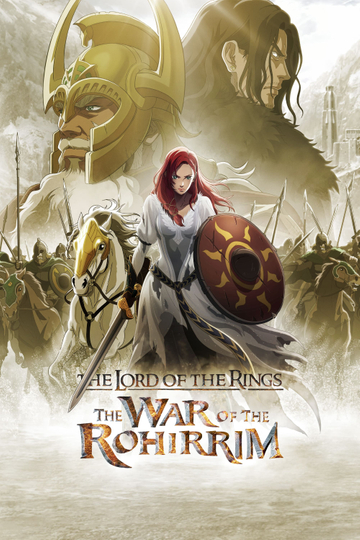‘The Tomorrow War’ Star Chris Pratt and His Co-stars Discuss Their New Movie
Chris Pratt, Yvonne Strahovsky, Sam Richardson, Edwin Hodge, Keith Powers, and Jasmine Mathews discuss the philosophical questions the film raises, and how much practical effects were used during the production of ‘The Tomorrow War’
Read on for more from the cast of the movie.
Moviefone: What were your thoughts when you first read the script for The Tomorrow War?
Edwin Hodge: I enjoyed the script. I enjoyed the script so much that I just... I wanted to be a part of it after the first audition. When you're looking at things in black and white, you only have your imagination to kind of really create the body, and trying to envision what this film would be, based off of what I was reading, it wasn't that. It was so much more at the end a,nd I'm just happy to be a part of this adventure to be honest with you.
Jasmine Mathews: Oh, I loved it. I mean, it's not often that you find a script where you go, Ooh, and ah, and oh my god. Within two pages of... So I loved that and I thought it was so original, the take that we have on time traveling. And I also thought the fact that we have these sort of bad, powerful women holding space, and I'm up against these, and it's not even up against, you have total bad-ass women, and you have men who are in power, but they're not conflicting with each other. There's no sort of ego or power struggle happening. I thought that was really fresh and refreshing, actually, and it made me want to be a part of it.
Keith Powers: For me personally, it was just reading it. I was just like, "I really just want to be a part of this." It was so fun to read, and I was just like, "Man, this is everything I wanted as a kid." This is what I grew up watching, living. This is the type of actor I want to be, I want to be in these types of films. So it was a no-brainer once I read it. And I was like, "Oh, this is original, it's fun." I was like, "Hey, sign me up. I need to be on it."
Yvonne Strahovsky: I felt the same way. I couldn't put the script down. It was such a page turner. I loved it and I had the same experience watching it. I thought it was just like a wild coaster ride of cool, amazing, fun, emotional, everything.
MF: It's funny that you say that when you actually watched the movie, do you take yourself out of it and just see yourself as a character? Or are you thinking about yourself in that scene? How you could have done things differently?
Strahovsky: I'm definitely watching my scenes that way, but definitely in the first part of the movie, I was watching it with my husband, and we both forgot that I was in the movie until I came on the screen! We were so involved in what was going on, and then I went, "Oh, I'm in it, I'm in it." So that was a good sign, I think.
MF: At the top of the film, this question is posed, would you sacrifice your present for the society's future? And I was thinking, man, like if I were in this situation, what would I do? Like if I had the choice, and it's just a real honest question about selflessness. So, Chris, was this a question that you thought about when developing your character for the film?
Chris Pratt: Well, yeah, for sure. Would... the question being, would you sacrifice yourself for the good of mankind? Yeah. I think that is... the best way to answer that question, I think is like, I don't know that Dan necessarily was sacrificing himself for the good of mankind as much as he was doing it for his daughter and for his wife and for the people who are close to him. And so that's really, I'd say, the difference between this crop of soldiers who were brought to the future to fight versus, say, the conscription of the young men who went to fight in World War II. These were kids... those are kids that got sent to storm the beaches at Normandy and to fight in the Pacific.
It's the kids who got sent to Vietnam, and for this group, they're all over 30. They're all like 30 and above and so, these are people who have children and I think that if you're not a kid, but rather someone who has kids, you look at the world in a little bit different way. You're not necessarily doing anything for the good of mankind, you're doing it for the good of your children and so, I think that might be a fundamental difference between... and to answer that question, yeah, Dan makes his choices based on what's going to save his wife, his life, his child and that's what he lives for.
Sam Richardson: For Charlie, I think you find out.... Without spoilers, he doesn't have much in the world. So, it's just he's sort of, I'm drafted, and he's a seemingly generous person anyway and very caring and very emotional and honest. So, I think some sort of thing like that, I think a greater good being that, I think that would have appealed to Charlie. And he would, even as unprepared and scared as he was the whole time and vocally scared about it, he'd still do it.
I consider Charlie to kind of be what most people would be in a situation like that, right? A person who's unprepared for war. A person who has never even batted an eye at the idea of serving military service or any sort of thing like that, is now thrust upon them. And it's not like a draft in movies, like Vietnam War drafts… [With those] It's young people. It's teenagers. It's just like, oh, you don't know what you're going to be in life. So, this draft, we'll see... and it's about young lives getting cut off early. [But] in this one, it's people who've lived their lives and are full adults. I'm not that, I'm a bus driver, or I'm not that, I'm a chef, and now I'm a soldier. So, I think that's a fun thing for Charlie, he's what you and I would do if we got sent into this situation. And also he's a geologist!
Strahovsky: I think that's an easier question to answer if you're a parent, and you know you're leaving the world behind to a part of you, your lineage, your children. The stakes are a lot higher, which is exactly the thing that Chris Pratt's character deals with. He's got a family, and he's got a young daughter, and what's he going to do? That's exactly the question, and he's going to go try to save the world for his baby girl.
MF: Was this a discussion that was had amongst you as actors, prior to going into this project?
Powers: Yeah, I think, like you said, it's crazy that you said it is a thing where you're seeing like, "Okay, how much do I care about humanity actually?" It's easy for our generation to kind of get selfish and not think about something like that. It's like, "Oh no, I'm not about to fight in a war."
MF: Well, we're told to live in the moment, right?
Powers: Exactly.
MF: Live in the present, enjoy your present, don't think about the future so much.
Powers: You know what's crazy, I think that would become our present though. It's like, "Yo, this war that has to happen in the future, and this is our new present.."
MF: We won't have it, but you might.
Powers: Yeah, I think it's just putting, I don't know it's like the ultimate unselfish thing to do is to give up your present to be like, "No, I need to fight for humanity, the future of humanity." Yeah.
Mathews: We all kind of did it, though, with the pandemic, right? If you want to know how selfless you were, just look at how you were in the pandemic.
Powers: That's so true.
Mathews: People were still going out not wearing masks, some people really stayed true. Because we were all on this common goal of beating this virus, which was a war in and of itself. We just didn't have a visible creature. So if you ever want to know how selfless and self-sacrificing you are or would be in the situation, just look how you were in the pandemic.
MF: The director, Chris McKay really wanted the film to feel real and when someone watches this movie they may think green screen, visual effects, CGI, but there were actually a lot of real sets, practical effects. What was it like being in these intense scenes with the White Spikes?
Powers: Yeah, I think it was amazing.
Mathews: So helpful.
Powers: I think it literally was... I love that our film is kind of a hybrid of that. You got the CGI, but then you got the real sets and real situations. I have to be a hundred feet on a .50 cal gun and I would just... I'm afraid of heights.
MF: Are you?
Powers: Yeah, I'm super afraid of heights. So I had to really put that to the side and be like, "Okay, I got to get into it." But that really helped for the scene, that stuff helps. That's what you need, that rush. It was like, I just got to get out there.
Mathews: Yeah, it just helped ground you into the reality of the world more. We shot in Iceland, but even when we went back to the stages in Atlanta, they set the temperature to below freezing on onset just to emulate the Iceland setting.
Powers: Yeah, it's crazy.
Mathews: So it was super helpful because it just makes it less taxing on the mind because you're already in the scene.
Richardson: It's incredibly valuable because it helps you make mistakes. It lays them out right there for you. It's like watching a thing explode is easier than, like, pretend like what's an explosion supposed to be? If you can feel the heat of an explosion, you can react to the heat of the explosion. So, it was really cool and really great to see. It really helps you feel like you're in the movie you're watching the movie, but outside of yourself, you're watching yourself in the movie in like a really cool way. I really appreciated that.
Hodge: It's one of those days where you're playing against these monsters and parts of you is like, would I really survive this? Like, is this... no, it's not going to happen.
MF: My answer is no, I would not survive.
Hodge: Yeah, it's like, no, we definitely wouldn't survive it, but the idea of community and banding together to fight this huge invasion, we can kind of rest and settle in the idea that we would at least try to support each other in this fight. I mean, it's crazy. I don't even want to think about it.
Pratt: Yeah, I mean... and just practically the making of this, it's just a massive undertaking.
Hodge: Massive undertaking.
Pratt: We had so many shoot days, so many long days... wet and cold and rainy and late and smokey and physical. And it was just really... I remember being in it and thinking to myself like, "oh my God, we have 80 days left."
Hodge: Left!
Pratt: Like this is so hard! It was just a lot of work, but it's really fun, and I'm certainly not complaining, and I'd happily sign up to do it again. The point being, it's when you're in that fight, and this is by means no comparison to people who really go to fight in war.
Hodge: Exactly.
Pratt: When you're in that fight, when you're in that battle day-to-day, you just have to look at the guy next to you, make sure they're doing fine, march forward, get to the end of the day, and don't focus on the forest. Just focus on the tree that's right in front of you, and so that's really what it felt like on a day-to-day basis.
MF: The aliens in the film, of course they aren't real. I would like to know filming those scenes when you are fighting with them, what was that actually like for you as an actor?
Richardson: It's really cool. When we did the table read early on in the process, we got to see a digital render, an early render of what the monsters would look like, and they were frightening. So it kind of helped to know what you were afraid of and know what that sound was going to be like. And maybe in some cases it helps you to kind of put an overlay in your mind, over a guy in a mocap suit and a puppet, to kind of legit be scared of him. Cause you're like, "Oh... I know actually what that is supposed to be.” And oh my God, it's so creepy and scary. And it's fast. It's cool.
Strahovsky: It's all the things. It's really fun. You have to get over the fact that there's nothing there very quickly, but I also found it incredibly liberating. You get to do your thing with nothing in front of you and just use your imagination to it's wildest limitations or non-limitations, hopefully. So it's really fun. It's extraordinary watching the process to just how many different takes with the prosthetic, the unitard, stunt guy being an alien then with nothing at all. And then the clean slate with nobody in it and how they piece it together. It's just fascinating.
MF: Right, it's tough because it's not like you're just speaking to someone who's not there. You're actually getting hands-on with the creature.
Strahovsky: Yeah, and creating a physical fight. So, yeah. It's fun.
‘The Tomorrow War’ is now streaming on Amazon Prime Video.
